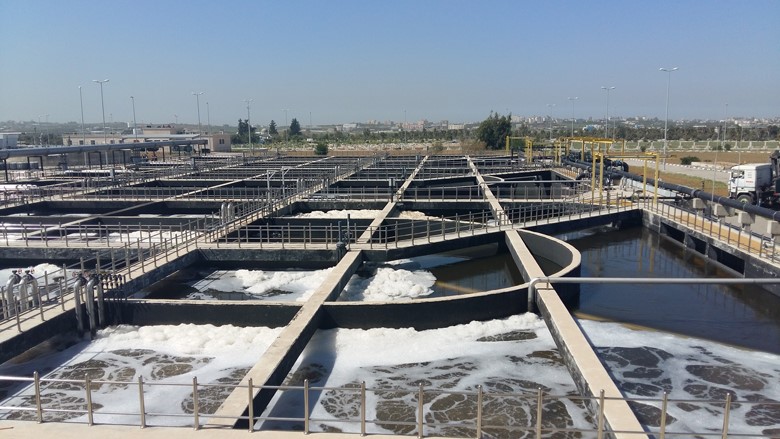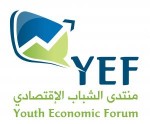
A new study called “The Water-Energy-Food Nexus in the Middle East and North Africa” was launched at the EcoPeace Annual Conference at Dead Sea, Jordan, 13 November, 2018.
Groundwater is fast disappearing in the Middle East and North Africa region. Under a business-as-usual approach to the use of these scarce resources, it is estimated that they will be gone in about 30 years. This will have a devastating impact on the communities and livelihoods that rely on this water. Agricultural production would drop by as much as 60% in some countries. The good news is that it does not have to be business-as-usual. Actions can be taken, but water is not an isolated problem. The challenge of water scarcity is closely tied to energy and agriculture, and a broader view is needed to develop policies that address this relationship.
A new wastewater plant was recently inaugurated in Gaza that illustrates how water management, energy and agriculture are intertwined. Ongoing instability in Gaza has meant that water and sanitation services were not being maintained. Groundwater was being rapidly depleted while waste water went untreated. As the aquifer emptied, wastewater was seeping in and polluting the drinking water supply. The new water treatment plant will both improve public health and provide a means of replenishing the aquifer. While the plant offers a solution for the wastewater, it will depend on steady supply of electricity to continue delivering its benefits. Those benefits could also include addressing the demand for water that is emptying the aquifer, if the treated wastewater were used for agriculture, the largest consumer of water.
A new report highlights the need for breaking down traditional silos for effective policies. Traditionally water, energy, and agriculture have been the focus of separate policies, each with its separate investment planning. The regulatory frameworks, organizations, and infrastructures for each of these sectors were put in place to address sector-specific challenges and demands.
As the Middle East and North Africa works towards building a more sustainable future, a new approach is needed that considers the combined fates of these different sectors. The report calls this a ‘nexus approach.’ To demonstrate the added value of a nexus approach, the report models and analyzes the water-energy-food nexus to the Middle East and North Africa. The analysis finds that water scarcity increases in all countries in the region over the coming decades, mostly due to growing demands.
Written by Anders Jagerskog
Image: Courtesy World Bank Blogs
Publication date: Article featured 11/20/2018
- See Environmental NGO’s in the Arab World.
- Do your part by giving Free Donations through our unique Click-to-Help platform without cash, credit card or registration.




Copyright © 2024 The Olive Tree SAL, all rights reserved. Terms of Use | Privacy Policy